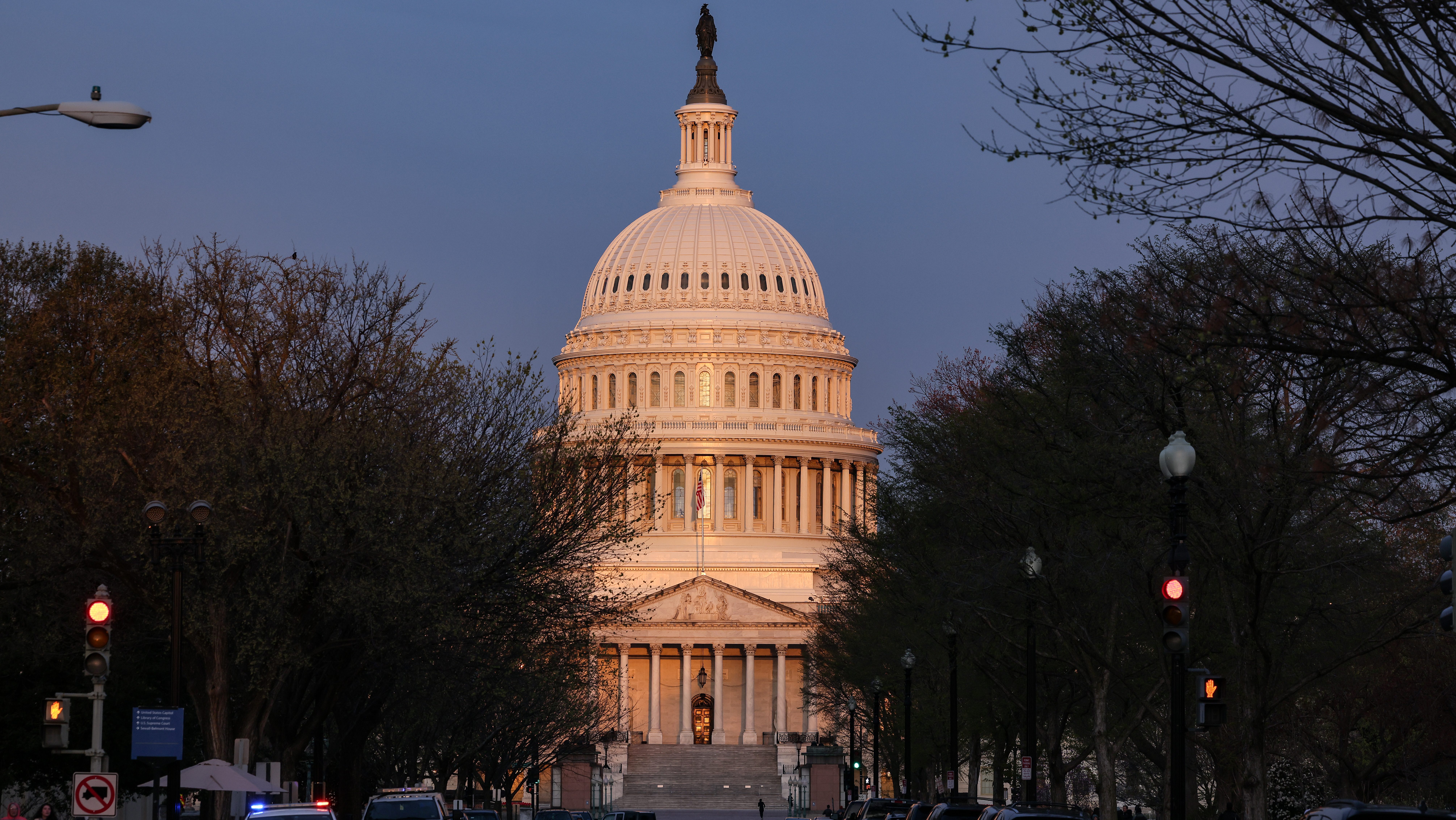The Trump administration is keeping alive one of the last remaining components of the 2015 Iran nuclear deal by extending sanctions waivers that allow foreign companies to work with Iran's civilian nuclear program without U.S. penalties.
The waivers had been due to expire Tuesday but were extended by Secretary of State Mike Pompeo for another 90 days. The extensions were not announced until Thursday.
Pompeo has been a champion of President Donald Trump's maximum pressure campaign on Iran.
State Department spokeswoman Morgan Ortagus said the move "will help preserve oversight of Iran's civil nuclear program, reduce proliferation risks, constrain Iran's ability to shorten its 'breakout time' to a nuclear weapon, and prevent the regime from reconstituting sites for proliferation-sensitive purposes."
Pompeo also announced new sanctions on Iran's construction sector, which he determines to be under the control of the Iranian Revolutionary Guard Corps. The IRGC was designated earlier this year as a "foreign terrorist organization."
Trump withdrew last year from the nuclear deal and has steadily ramped up sanctions on Iran that had been eased under the agreement. But the so-called "civilian nuclear cooperation" waivers will permit European, Russian and Chinese companies to continue to work at Iranian civilian nuclear facilities.
Nuclear deal critics, including Trump allies like Republican Sens. Ted Cruz of Texas and Tom Cotton of Arkansas, have long argued that the waivers should be revoked because they give Iran access to technology that could be used for weapons. In particular, they have targeted a waiver that allows conversion work at the once-secret Fordow site. The other facilities are the Bushehr nuclear power station, the Arak heavy water plant and the Tehran Research Reactor.
U.S. & World
"This is disappointing and another lost opportunity to tear up the catastrophic Obama-Iran nuclear deal once and for all," Cruz and Sen. Lindsey Graham said in a statement. "President Trump should immediately order his administration to stop issuing civil nuclear waivers."
They said they would soon advance legislation "to reverse this misguided decision."
Deal supporters say the waivers give international experts a valuable window into Iran's atomic program that might otherwise not exist. They also say some of the work, particularly on nuclear isotopes that can be used in medicine at the Tehran reactor, is humanitarian in nature.



